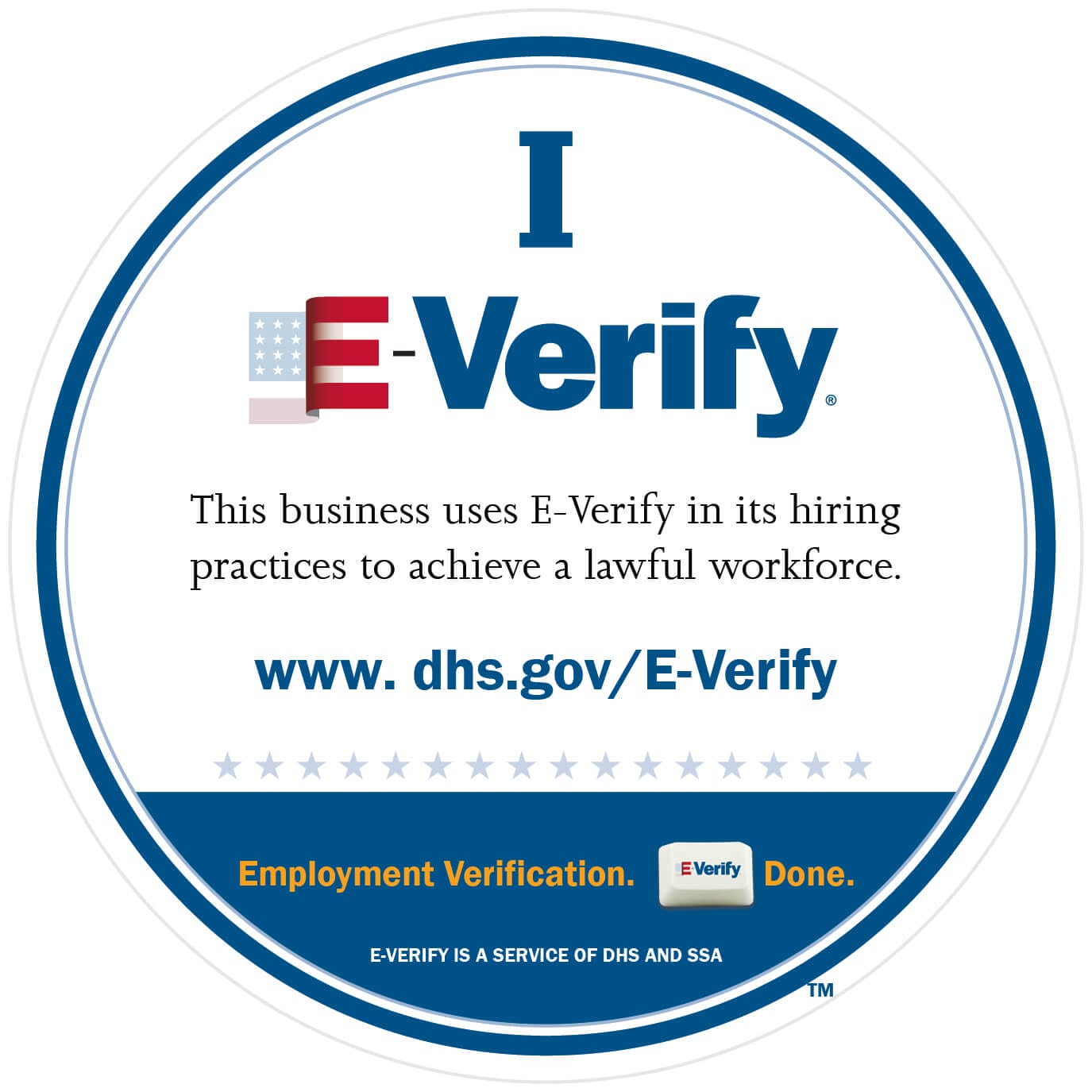
E-Verify is an internet-based system operated by the U.S. Department of Homeland Security (DHS) in partnership with the Social Security Administration (SSA). It allows employers to confirm the eligibility of their employees to work in the United States by electronically comparing information provided on Form I-9 (Employment Eligibility Verification), against records in government databases.
How Does E-Verify Work?
Employers who choose to use E-Verify must first enroll in the program and agree to comply with its rules and regulations. Once enrolled, they can submit the information provided by newly hired employees on their Form I-9 to the E-Verify system. This information typically includes the employee’s name, date of birth, Social Security number, and citizenship status.
E-Verify then compares this information against records held by DHS and SSA to confirm the employee’s eligibility to work in the U.S. If the information matches and the employee is authorized to work, E-Verify will return a confirmation of their employment eligibility. If there’s a mismatch or an issue, E-Verify will provide a tentative non-confirmation (TNC), and the employer and employee will be provided with instructions on how to resolve the discrepancy.
Do All U.S. Companies Have to Use E-Verify?
Participation in E-Verify is generally voluntary for most employers, but some states have laws mandating its use for certain businesses. Certain federal contractors and subcontractors are also required by law to use E-Verify as a condition of their contract.
Boundless tip
You can search for E-Verify participating employers on the government’s website here.
Implications for Employers and Employees
For Employers
- Voluntary vs. Mandatory: As noted above, E-Verify is not mandatory for most private employers. Laws regarding E-Verify vary depending on the state, in addition to distinctions between the private and public sector.
- Legal Obligations: Employers who choose to use E-Verify must ensure compliance with the program’s rules and regulations, including proper handling of TNCs and safeguarding employee privacy.
- Streamlined Verification: E-Verify can expedite the employment verification process, helping employers hire eligible workers more efficiently.
For Employees
- Privacy Concerns: Employees may have concerns about the privacy and security of their personal information when it is submitted to E-Verify.
- Immigration Rights: Many immigration advocates also caution that the program can deter immigrant workers from applying for certain positions for fear of retaliation or negative impacts to their immigration status. Overall, it’s important for employees to know their rights under the program before pursuing an employment opportunity — more information can be found here. NOTE: All employees have a right to know whether their employer participates in E-Verify.
- Resolution of Discrepancies: If a TNC is issued, employees must follow the process outlined by E-Verify to resolve the discrepancy and confirm their eligibility to work.
- Employment Eligibility: Successful verification through E-Verify typically confirms an employee’s eligibility to work in the U.S.